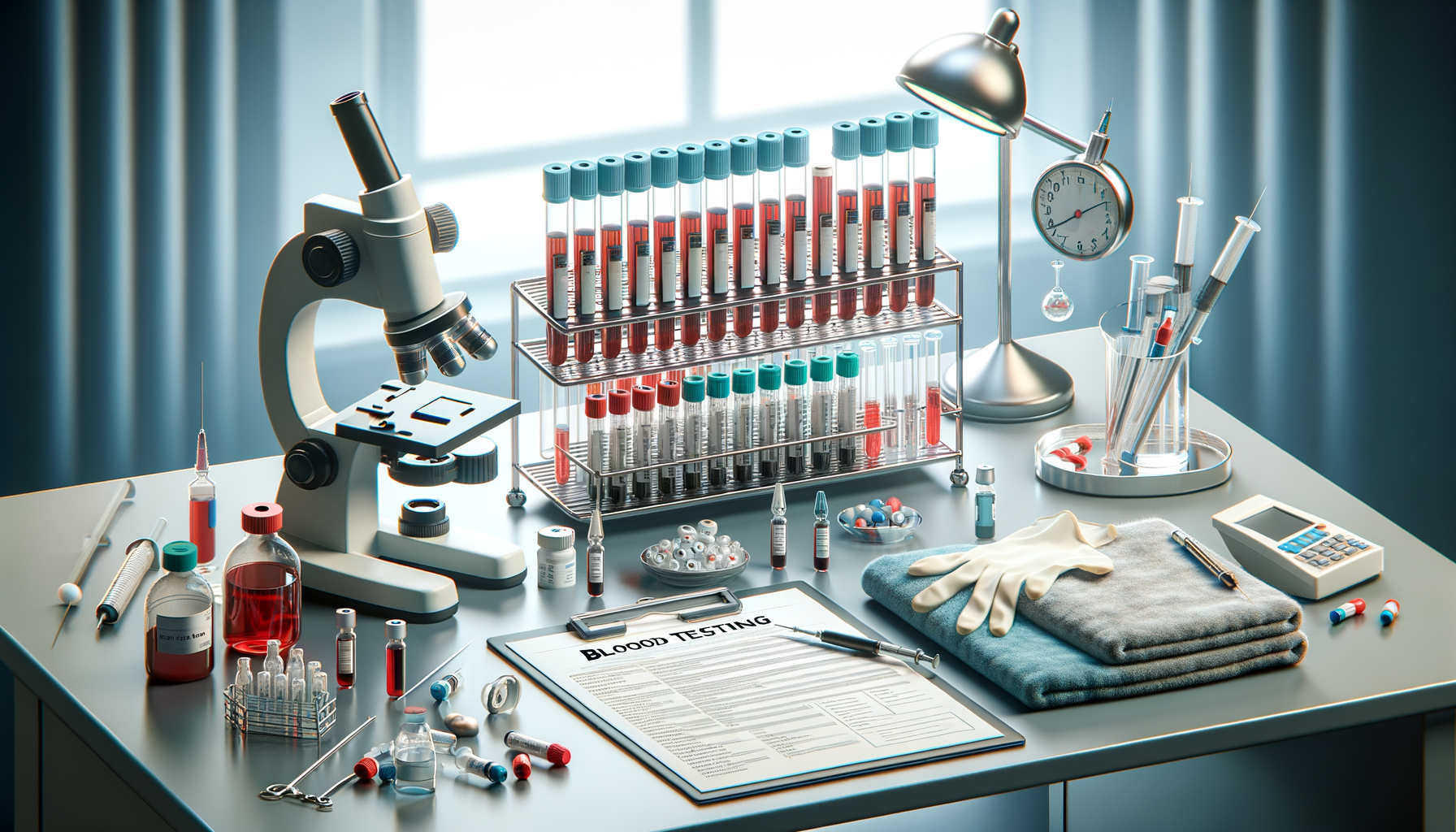Introduction to Blood Testing Nurses
Blood testing nurses are pivotal in the healthcare system, serving as the bridge between patients and the critical diagnostic data needed for effective treatment plans. Their expertise not only ensures the accuracy of blood sample collection but also enhances patient comfort and care during the process. In today’s healthcare landscape, where precision and empathy are paramount, the role of a blood testing nurse is more significant than ever.
The demand for skilled blood testing nurses has increased significantly with the rise in chronic diseases and the need for regular monitoring. These nurses are specially trained to handle various types of blood tests, from routine checks to more complex diagnostics. Their ability to manage the technical aspects of blood collection while maintaining a compassionate approach is what sets them apart in the medical field.
The Skills and Training Required
Becoming a blood testing nurse requires a combination of formal education, hands-on training, and a set of personal skills that cater to patient interaction. Typically, these professionals start with a nursing degree followed by specialized training in phlebotomy. This training covers a wide range of topics, including anatomy, physiology, and the technical aspects of blood collection.
Key skills for a blood testing nurse include:
- Attention to detail to ensure accurate sample collection and labeling.
- Excellent communication skills to explain procedures to patients and alleviate any concerns.
- Manual dexterity for precise needle insertion and handling of equipment.
- Empathy and patience to provide comfort and support to anxious patients.
Continuous education is also vital as it keeps nurses updated on the latest techniques and technologies in blood testing, ensuring they provide the highest standard of care.
The Daily Responsibilities of a Blood Testing Nurse
A typical day for a blood testing nurse is diverse and dynamic, involving a mix of patient interaction, technical tasks, and administrative duties. Their primary responsibility is to collect blood samples for various tests, which requires precision and adherence to strict protocols to prevent contamination or errors.
Beyond sample collection, these nurses are responsible for:
- Preparing patients for blood draws and explaining the procedure to ease anxiety.
- Maintaining accurate records of samples collected, including patient information and test requisitions.
- Ensuring all equipment is sterilized and functioning correctly to maintain safety standards.
- Collaborating with laboratory staff to ensure timely and accurate processing of samples.
Their role is crucial in providing the data needed for diagnosing conditions, monitoring treatment progress, and guiding healthcare decisions.
Challenges Faced by Blood Testing Nurses
While the role of a blood testing nurse is rewarding, it comes with its set of challenges. One of the primary challenges is dealing with patients who have a fear of needles or blood, requiring the nurse to employ tact and reassurance to perform their duties effectively.
Other challenges include:
- Managing a high volume of patients while ensuring each one receives individual attention and care.
- Keeping up with the rapid advancements in medical technology and procedures.
- Ensuring strict adherence to hygiene and safety protocols to prevent the risk of infection.
- Handling the emotional toll of working with patients who may be dealing with serious health conditions.
Despite these challenges, blood testing nurses remain dedicated to their role, continually striving to improve patient outcomes through their expertise and compassion.
The Future of Blood Testing Nursing
The future of blood testing nursing is promising, with advancements in technology and an increasing focus on personalized medicine. Innovations such as point-of-care testing and automated blood analysis systems are changing the way blood tests are conducted, allowing for quicker results and more efficient patient management.
As healthcare continues to evolve, blood testing nurses will play a crucial role in integrating these technologies into everyday practice. Their ability to adapt to new tools and methods will be essential in ensuring that patients receive the most accurate and timely care possible. Additionally, the growing emphasis on preventive care and regular health monitoring will likely increase the demand for skilled blood testing nurses in various healthcare settings.
Overall, blood testing nurses will continue to be a vital component of the healthcare system, contributing to the well-being of patients through their dedication and expertise.








